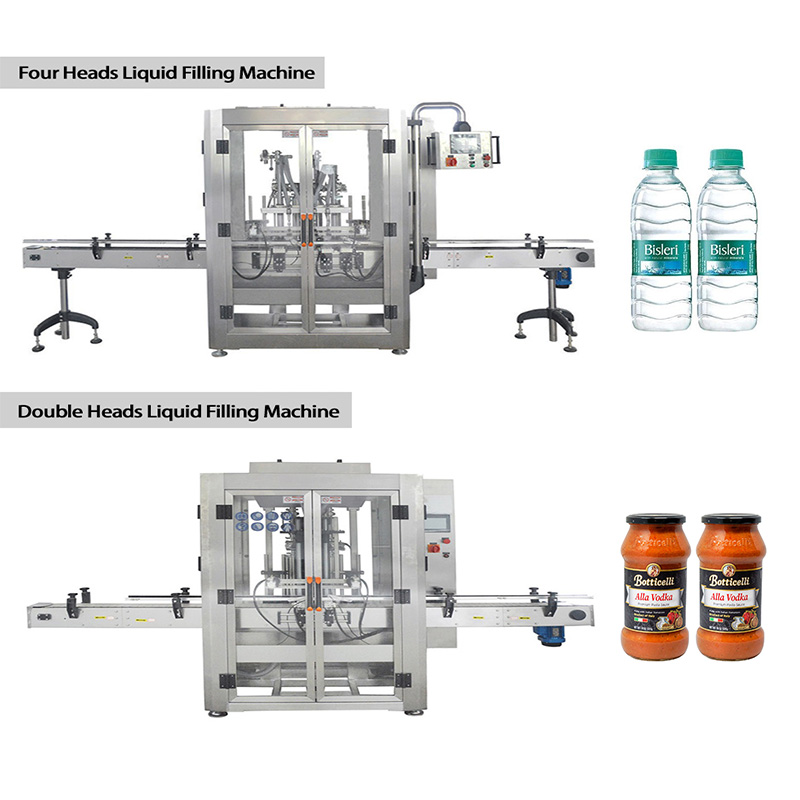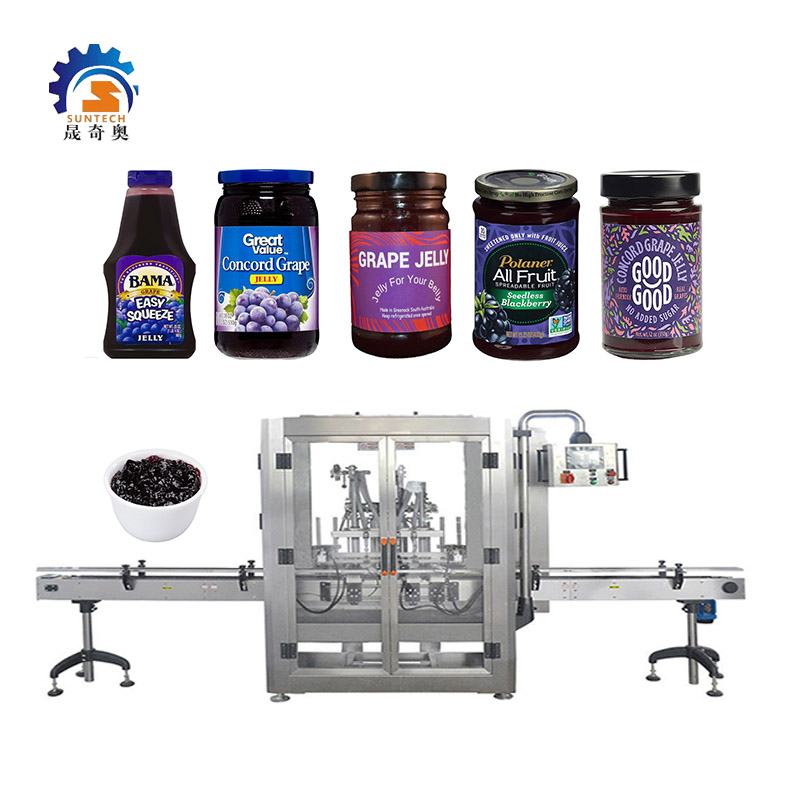In the realm of food processing, the use of specialized machinery has revolutionized the efficiency and quality of production. Jam filling machines, in particular, play a crucial role in modernizing the process of filling jars and containers with this beloved spread. Let's delve into the significance of jam filling machines and why they are indispensable in today's food manufacturing landscape.
Introduction
Jam filling machines are sophisticated equipment designed to automate the process of filling jars, bottles, or containers with jam or preserves. These machines are part of a broader trend towards automation in food processing, aiming to enhance productivity and maintain consistency in production. With the demand for processed food products steadily increasing, the need for efficient filling solutions like jam filling machines becomes paramount.
Efficiency in Production
One of the primary advantages of employing jam filling machines is the significant boost in production efficiency. These machines are capable of streamlining the jam production line by automating the filling process. Unlike manual filling, which is labor-intensive and prone to variations, automated jam filling ensures a consistent output in terms of quantity and quality. This consistency is essential for meeting consumer expectations and maintaining brand reputation.
Moreover, jam filling machines offer precise control over the filling process, enabling manufacturers to achieve uniform portioning and minimize product wastage. This efficiency translates into cost savings and higher throughput, making it a strategic investment for food manufacturers.

High Speed Jam Filling Machine
Versatility and Customization
Another key benefit of modern jam filling machines is their versatility and ability to accommodate various types of jams and preserves. Whether dealing with chunky fruit jams or smooth berry spreads, these machines can be adjusted to handle different viscosities and textures. Additionally, they offer flexible filling options, such as adjustable fill volumes and container sizes, allowing manufacturers to cater to diverse market demands efficiently.
The customization capabilities of jam filling machines empower manufacturers to innovate and expand their product offerings without compromising on production efficiency. This adaptability is crucial in a competitive market where consumer preferences are constantly evolving.
Hygiene and Food Safety
Maintaining high standards of hygiene and food safety is non-negotiable in the food processing industry. Jam filling machines are typically constructed from food-grade stainless steel, a material known for its durability and resistance to corrosion. This construction not only ensures the longevity of the equipment but also facilitates easy cleaning and sanitization.
The design of jam filling machines often incorporates features that prevent contamination and cross-contamination during the filling process. This attention to hygiene minimizes the risk of foodborne illnesses and helps manufacturers comply with stringent regulatory requirements.

Jam Filling Machine For Food Processing
Cost Savings and ROI
Beyond enhancing operational efficiency, jam filling machines contribute to significant cost savings over time. By automating the filling process, these machines reduce reliance on manual labor, thereby lowering labor costs and minimizing human errors. Additionally, precise control over ingredient portions reduces product wastage, optimizing resource utilization and improving overall profitability.
The return on investment (ROI) for jam filling machines is evident in the long term, with manufacturers experiencing increased productivity and decreased operational costs. This financial advantage underscores the importance of adopting modern technologies like jam filling machines in food processing facilities.
Conclusion
Jam filling machines represent a cornerstone of modern food processing, offering unmatched efficiency, versatility, and adherence to food safety standards. As consumer demands continue to evolve, investing in such technology becomes essential for manufacturers aiming to stay competitive and meet market expectations. With their ability to enhance productivity, ensure product quality, and optimize costs, jam filling machines are indeed a pivotal asset in the journey toward efficient and sustainable food production.